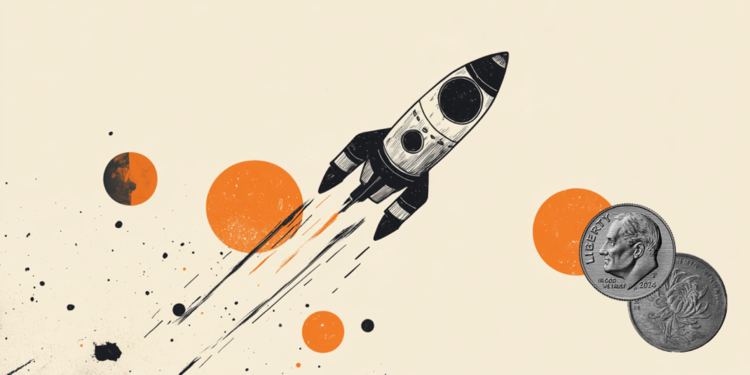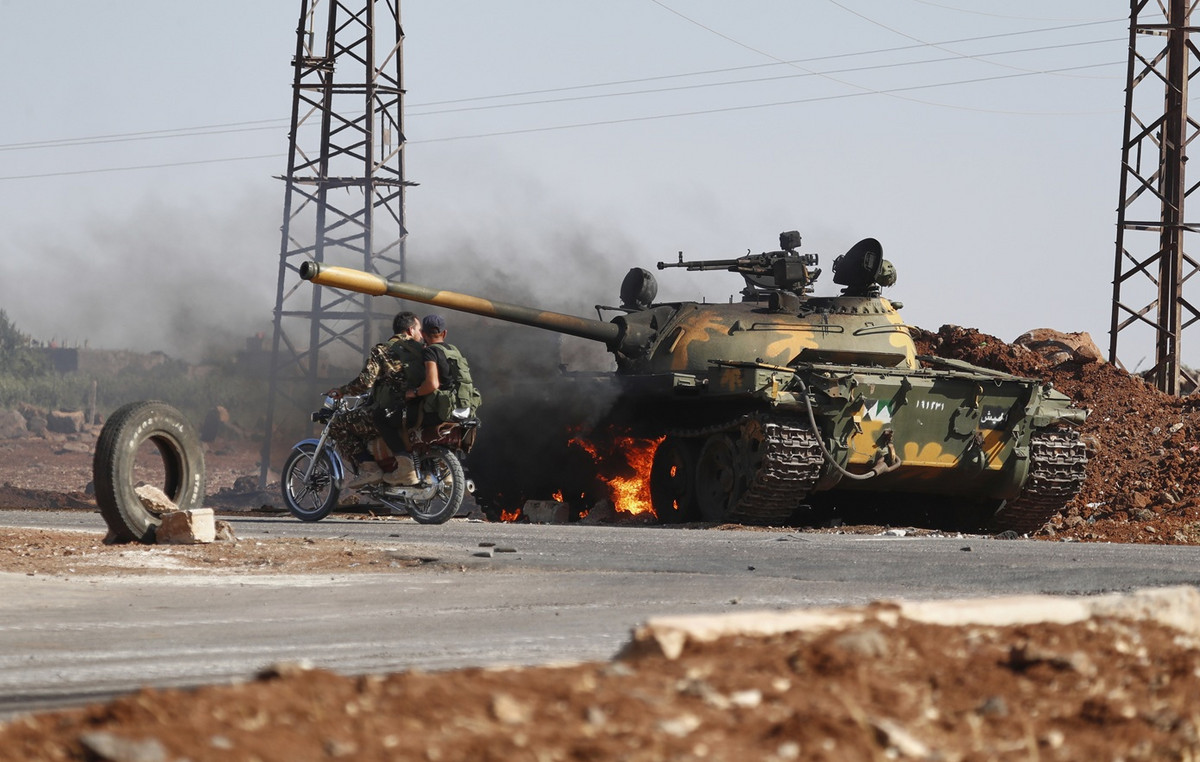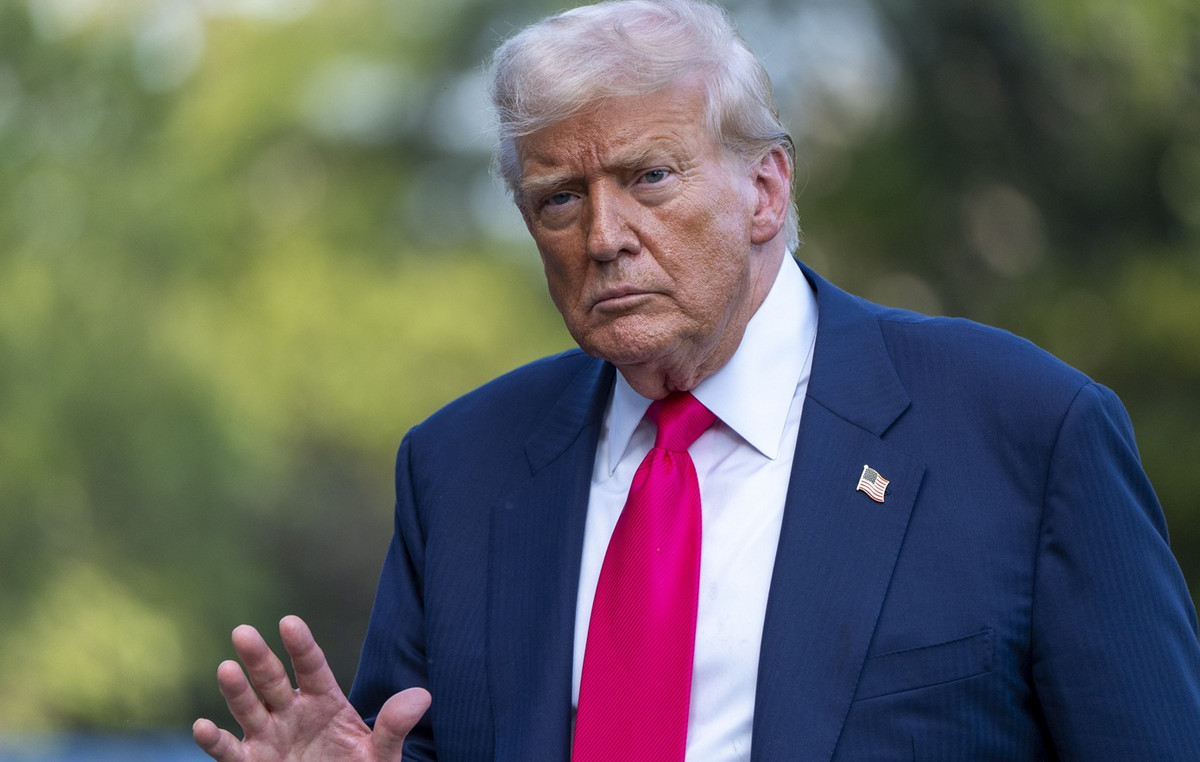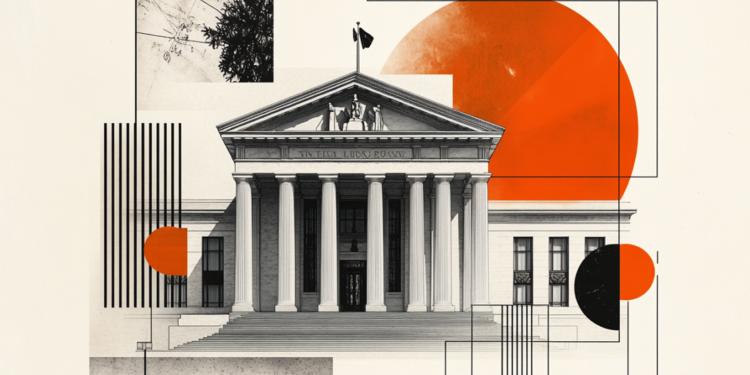The health benefits of moderate and regular physical activity are already widely known by science. The relationship between exercises and Covid-19 has been the subject of investigations by Brazilian and foreign researchers.
Professor at the Faculty of Medicine of the University of São Paulo (USP) Bruno Gualano gathered recent findings on the subject in an editorial published in the British Journal of Sports Medicine.
“Something that was speculated at the beginning of the pandemic and is now demonstrated quite consistently is that physically active people tend to have milder illness when infected with SARS-CoV-2. The body of research on the subject suggests that, on average, these people have between 30% and 40% less risk of hospitalization,” says Gualano.
The researcher notes that the studies were carried out in different countries (with genetically and demographically different populations) and investigated different outcomes – some observed for hospital admission and others for hospitalization, for example. There is also variation regarding the definition of severe Covid-19.
In general, the studies already published consider as physically active individuals who perform at least 150 minutes of moderate physical activity per week or 75 minutes of high-intensity exercise, as recommended by the World Health Organization (WHO).
“Generally, those who follow this recommendation tend to be younger, less obese and have fewer chronic diseases. But even when controlling for these confounders [por meio de análises estatísticas]the practice of physical activity is associated with a better prognosis, that is, a lower chance of hospitalization and death”, says the professor.
An article published by Gualano and colleagues also in the British Journal of Sports Medicine in July 2021 showed that professional athletes often develop mild illness when infected.
“In this study, we hypothesized that protection may be even greater in the case of people with a high level of physical activity, such as professional athletes. But this is something that still needs to be confirmed,” he comments.
On the other hand, there is evidence that athletes’ performance can be affected by persistent symptoms of infection (long-term Covid), including fatigue. “It is further speculated that athletes are more at risk of developing heart inflammation. [miocardite ou pericardite] after contracting the disease, but studies on the subject are still controversial”, he says.
Something that is also unclear is whether among those hospitalized for Covid-19, the athlete’s history can predict a better prognosis. A survey of 209 patients hospitalized at the Hospital das Clínicas da USP, coordinated by Gualano, suggests that it is not.
However, a retrospective Spanish study of 552 patients, published in the journal Infectious Diseases and Therapy, concluded that critically ill patients with a history of physical activity were six times less likely to die.
“Memory bias cannot be ruled out [no caso desse estudo espanhol]since the questionnaires were completed up to 120 days after discharge and, in the case of patients who died, the data were provided by relatives”, highlights Gualano in the editorial.
The ability of physical activity to intensify the vaccine response against Covid-19, including in immunosuppressed patients, is something that has already been demonstrated in the case of Coronavac in a study coordinated by USP professor Eloisa Bonfá.
“Our findings are promising, as they open up an interesting and very current research front. It is already known that immunizers lose effectiveness over time and physical activity can be a tool capable of prolonging this protection. This is already clear in the scientific literature in the context of vaccines against other diseases, such as the flu”, says the researcher.
Gaps in knowledge
Most of the data already published on the subject comes from retrospective studies (based on the analysis of physical activity history, clinical history and outcomes after the patient has already cured or died) or cross-sectional (in which the relationship between physical activity and disease is observed at a specific time, such as the period of hospitalization).
In Gualano’s assessment, research is needed to monitor physically active volunteers for a long period, from before infection to the outcome of the condition, and to compare the results with those of volunteers who do not practice physical activity (called a control group).
“Large-scale randomized controlled trials will be able to validate data obtained through observational studies and gather knowledge on the optimal recommendation of physical activity to prevent severe Covid-19. And the same principle applies to validating the effect of physical activity on the vaccine response”, he says.
The researcher also highlights the importance of studies with experimental models to gather information about the molecular and cellular mechanisms underlying the effects of physical activity on Covid-19.
“It is important to further assess whether physical activity can mitigate SARS-CoV-2 transmission and reinfection, as well as prevent or treat persistent symptoms of the disease. For all this, there needs to be funding,” he says.
For Gualano, the lessons learned from nearly two years of intensive research on Covid-19, together with the already consolidated knowledge about exercise immunology and clinical exercise physiology, “form the basis for a global call to action: promoting physical activity. during this and future pandemics”, especially among people with compromised immune systems and those with chronic diseases.
“Managers should think of promoting physical activity as a strategy to prevent complications related to both the acute form of Covid-19 and the long-term Covid. Studies show that in the months following infection, the risk of serious diseases, especially cardiovascular diseases, increases. Promoting a healthy lifestyle, in addition to protecting the population, reduces the burden on the health system”, he evaluates.
Source: CNN Brasil







